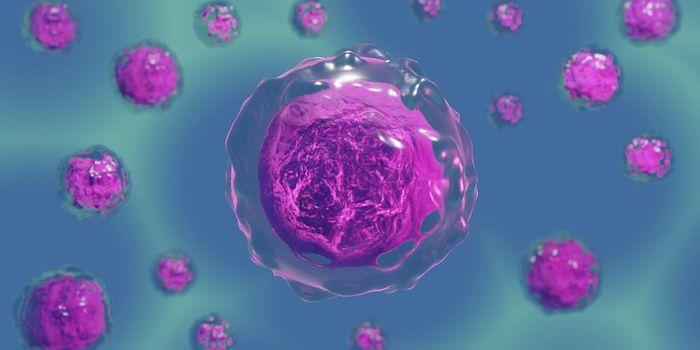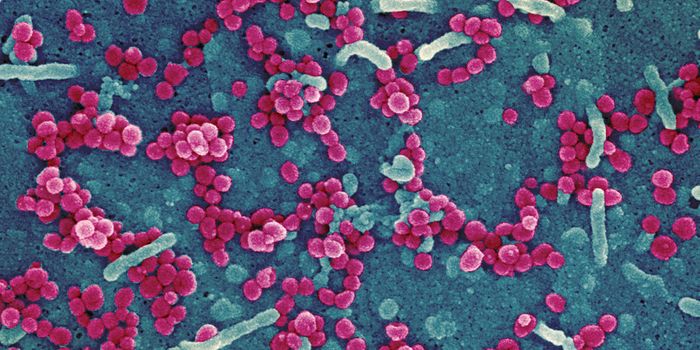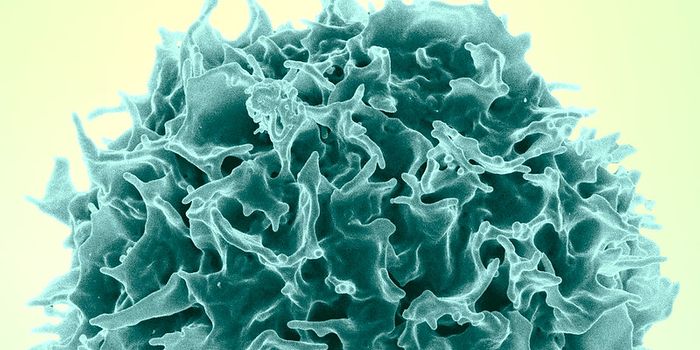Mutations in the Immune System Increase Risk of Hodgkin Lymphoma
A first-of-its-kind study reveals genetic variants in the immune system that increase the risk of Hodgkin lymphoma, a type of cancer that commonly affects young adults. From the Institute of Cancer research, scientists pave the way for potential new treatments based on these genetic changes.
Hodgkin lymphoma is a cancer defined by the abnormal growth and proliferation of lymphocytes, These are immune cells such as B cells and T cells, with the cancer usually beginning in B cells, which produce antibodies. First-line therapies successfully clear out cancer for most patients, but for those that need more, these new findings might be helpful. About 80 percent of people who develop Hodgkin lymphoma survive in the long-term, but sometimes treatment for this type of cancer results in long-term effects; new and better treatments could make survival rates even higher and lower the prevalence of long-term side effects.
In the new study, researchers completed an analysis of genetic data from 5,314 cases of Hodgkin lymphoma and 16,749 controls. They identified six genetic variations with just one letter change, meaning the A, G, T, and C nucleotides that make up DNA. Five of these changes impact the way B cells develop and increase the risk of lymphoma by 15 to 30 percent. Three have already been associated with autoimmune diseases like multiple sclerosis, rheumatoid arthritis, and lupus in the past.
"It doesn't mean that if you develop an autoimmune disease you are at increased risk of lymphoma, but it does offer fascinating genetic clues to these diseases,” explained Richard Houlston. “The new information could point towards new ways of diagnosing, treating, or even helping to prevent Hodgkin lymphoma."
The study’s results also indicated that different genetic variants are associated with risk of different types of Hodgkin lymphoma, such as nodular sclerosis Hodgkin lymphoma and mixed cellularity Hodgkin lymphoma.
"Understanding the genetic changes that underpin cancer's development is crucial for all aspects of our quest to defeat cancer,” explained Paul Workman. “To understand which patients are most at risk from different types of cancer, to improve diagnosis, and to develop treatments that are most likely to work for individual patients.”
The present study is published in the journal Nature Communications.
Sources: American Cancer Society, Institute of Cancer Research









